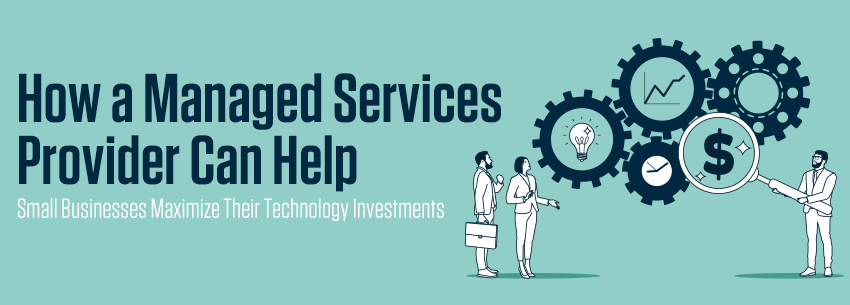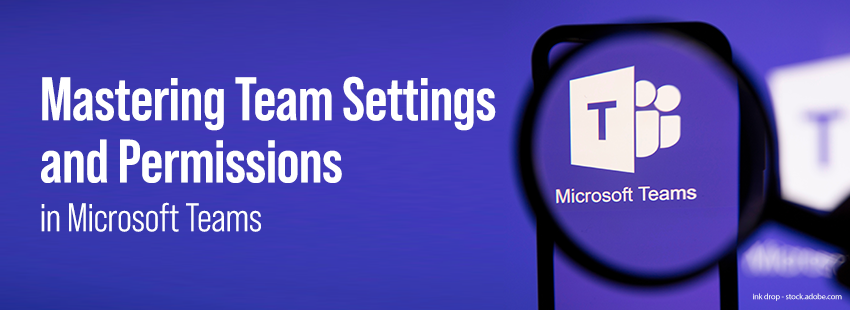As a small business owner, you’re probably all too familiar with the challenges of keeping up with the latest technology trends while managing day-to-day operations. You want to invest in the latest technology solutions, but you must also keep a close eye on costs and ensure your IT infrastructure is reliable and secure. That’s where a Managed Services Provider (MSP) comes in – they can help you maximize your technology investments by providing cost-effective solutions and proactive IT management.
One of the main advantages of partnering with an MSP is access to the latest technology solutions, including cloud computing, cybersecurity, and data backup and recovery. Due to the perceived cost and complexity, many small businesses need more time to invest in these solutions. Still, an MSP can help you navigate these challenges and implement solutions that fit your business needs and budget.
For example, cloud computing solutions can enable small businesses to access their data and applications from anywhere while also providing the flexibility to scale as their business grows. An MSP can help you choose the right cloud solution for your business needs, whether public, private, or hybrid, and provide ongoing support to ensure your cloud environment is secure and optimized.
Similarly, cybersecurity is a critical concern for small businesses, but staying on top of the latest threats and security best practices can be challenging. An MSP can provide 24/7 security monitoring and incident response services and ongoing training and support to help your employees stay vigilant against cyber threats. With an MSP by your side, you can rest assured that your business is protected against the latest cyber threats.
Another advantage of partnering with an MSP is proactive IT management. Rather than waiting for something to go wrong and then scrambling to fix it, an MSP can provide ongoing IT monitoring and maintenance to ensure that your systems are running smoothly and to identify and address potential issues before they become major problems.
For example, an MSP can provide patch management services to ensure your software is always up to date and protected against known vulnerabilities. They can also provide remote monitoring and management services to monitor your systems and network performance and identify potential issues before they cause downtime or other disruptions to your business.
Ultimately, partnering with an MSP aims to maximize your technology investments and provide a reliable and secure IT infrastructure that enables your business to grow and thrive. By working with an MSP, you can access the latest technology solutions, proactive IT management, and ongoing support and training to help you stay ahead of the curve in today’s fast-paced business environment.
But how do you choose the right MSP for your business needs? Here are a few things to consider:
-
Experience and expertise:
Look for an MSP with experience working with businesses in your industry and the specific technology solutions you’re interested in implementing.
-
Responsiveness and communication:
You want an MSP that is responsive to your needs and can provide timely support and communication when needed.
-
Cost-effectiveness:
While you want to invest in the latest technology solutions, you must also monitor costs. Look for an MSP that provides transparent pricing and can help you balance your technology investments with your budget.
-
Security and compliance:
Your MSP should have a strong track record of providing reliable and secure IT solutions that meet industry and regulatory compliance requirements.
A Managed Services Provider can help small businesses maximize their technology investments by providing cost-effective solutions, proactive IT management, and ongoing support and training. Whether you’re interested in cloud computing, cybersecurity, data backup and recovery, or other technology solutions, an MSP can help you navigate the complexities and implement solutions that fit your business needs and budget. When choosing an MSP, consider factors such as experience and expertise, responsiveness and communication, cost-effectiveness, and security and compliance to ensure that you find a partner.





